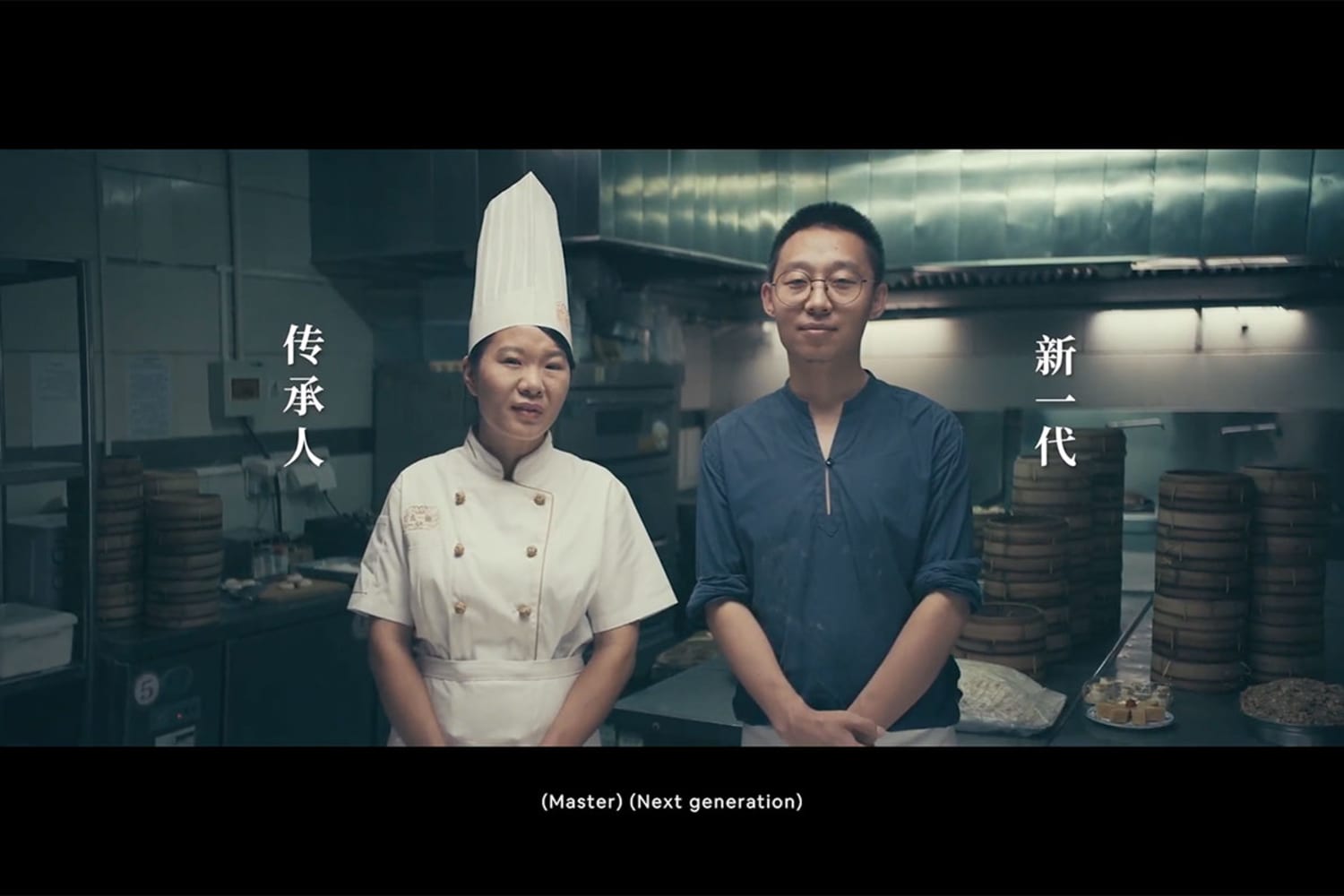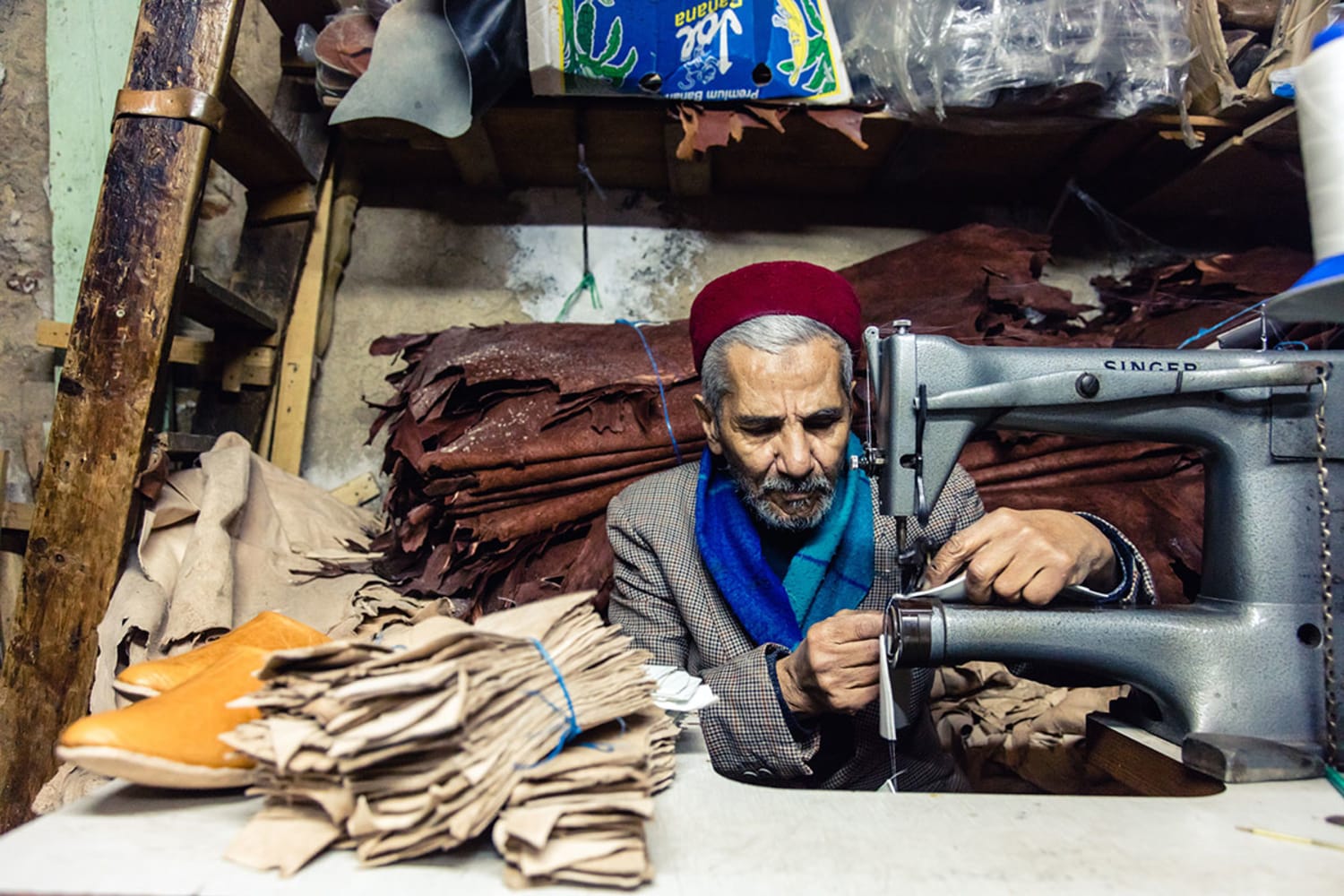80% of travelers would be interested in a holiday which promised to be sustainable and 88% like it when the hotel they stay in uses local artisans, suppliers and produce, according to research from Wunderman Thompson Intelligence’s report The New Sustainability: Regeneration. So it’s no wonder that as overwhelming crowds endanger iconic tourist attractions and cultural heritage sites (for more on this, see trend #22 gated tourism in The Future 100: 2020), there is a shift in how consumers are vacationing. Now, travellers are consciously seeking out overlooked or little-known destinations in an effort to not only have unique experiences but also to help fuel and support local economies and preserve customs.
As Japan gears up for record-breaking numbers of visitors attending the 2020 Tokyo Olympics, players in the travel and hospitality industry are preparing to get a piece of the tourist action. In a marked shift away from the big cities of Tokyo and Kyoto, travel operators are seeing an increased interest in trips to lesser known areas. Last November, Expedia’s home rental brand HomeAway partnered with the Japanese rental brand Rakuten Lifull Stay, with a focus on renting out properties outside of Japan’s major tourist areas. This influx of visitors is a step towards reviving small towns and villages that have seen decreasing populations as younger generations are drawn away to major cities for their vibrant lifestyles and employment opportunities. With a growing body of research pointing to the benefits of Shinrin-Yoku, the Japanese practice of forest bathing or spending time in a forest, it is no wonder that stressed urbanites are seeking out more remote holidays.











